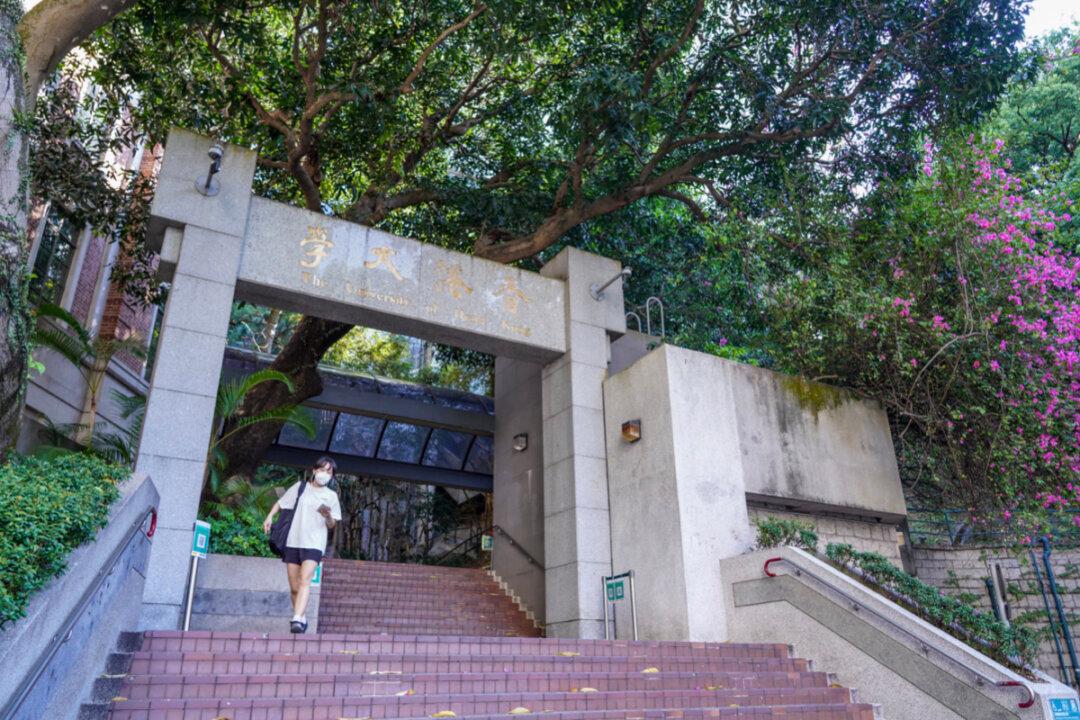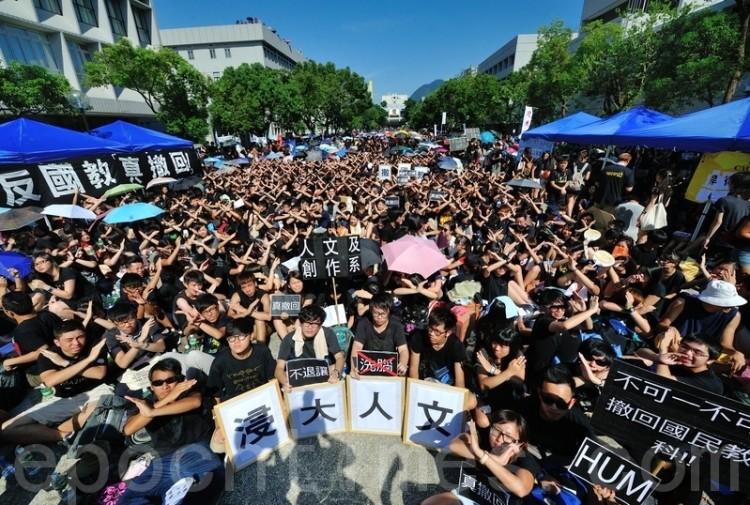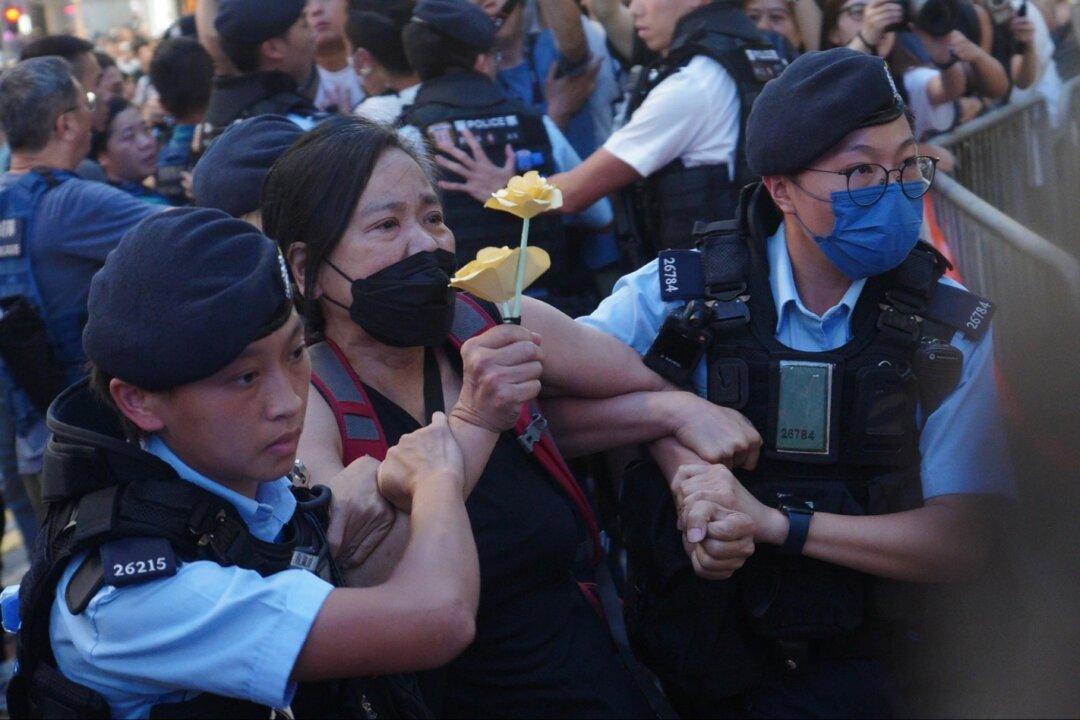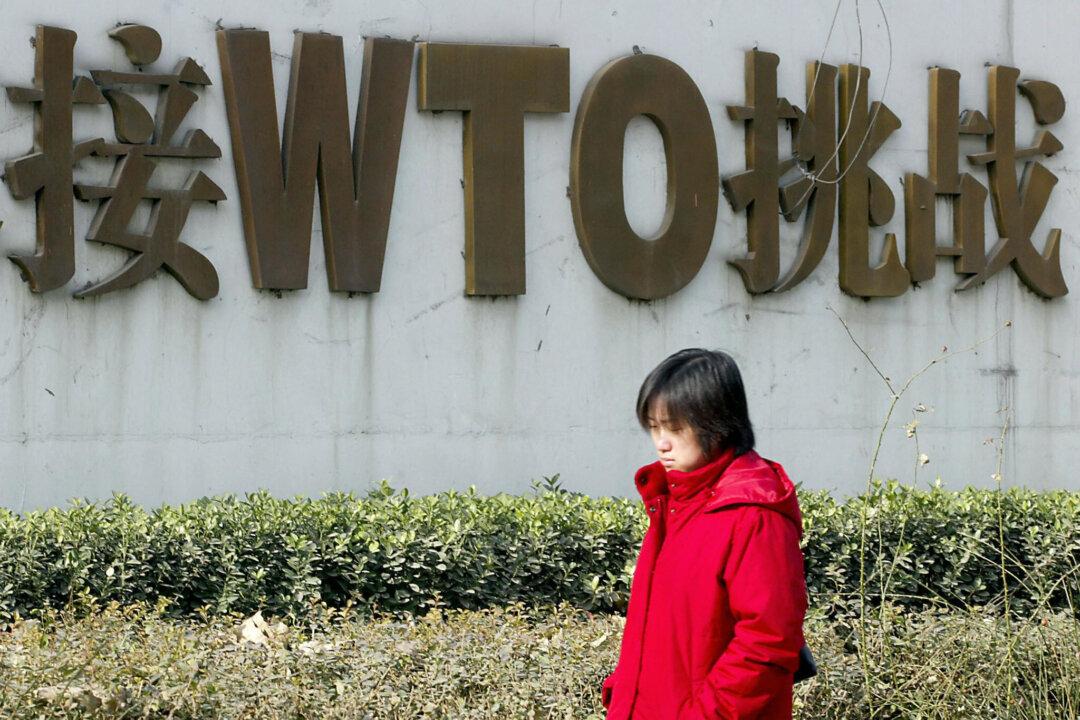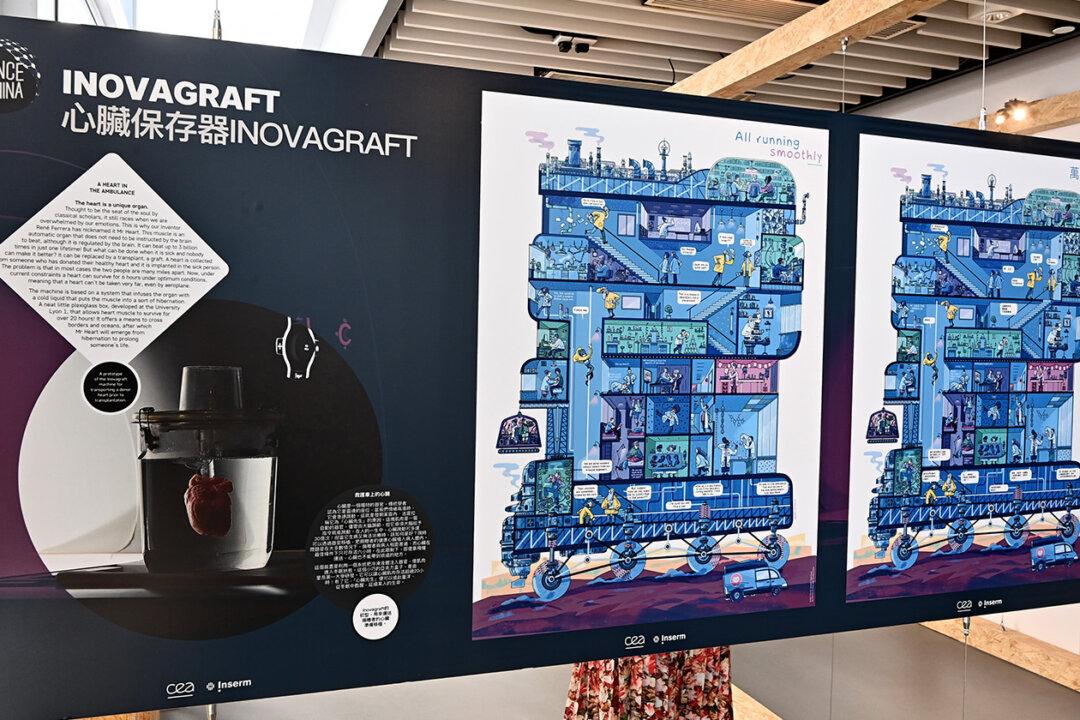Commentary
I was admitted to the University of Hong Kong in 1989. After getting my B.A. I proceeded to post-graduate study, and gained my Ph.D. in 1999. In my ten-year full-time stay in HKU, besides the Main Building which had been the teaching base of the Faculty of Arts before it moved to the Centennial Campus, the place I frequented most was the Library, especially the Special Collection (officially known as Hung On-To Memorial Library).
